As previously discussed in our “what are Incoterms® rules” volume 1, Incoterms® are a standard set of rules for the delivery of goods. Incoterms® indicate which party to a contract bears the risk, costs, and responsibilities at any given time during the delivery of goods in a particular transaction. The ICC currently promotes eleven Incoterms®, and each term has a unique allocation of risk, cost and responsibility for both buyer and seller. In this article, we list the 11 Incoterm® rules, explain how the terms are categorised and indicate the Incoterms® rules that only apply to ocean transport.

The 11 ICC Incoterms® 2020 Rules
Incoterms® are reviewed more or less every ten years, with the latest version being Incoterms® 2020. The 2020 revision covers 11 different stages of delivery, ranging from a point of delivery that carries the minimum cost, risk and responsibility for the exporter to a point of delivery that carries the maximum cost, risk and responsibility for the exporter. Incoterms® are usually displayed in an abbreviated form referred to as their international code. The terms have also been divided into four distinct groupings, with the first letter of the designated international code indicating the category to which each term belongs. Listed below are their respective codes, categories and full names:
The ‘E’ category
- Ex Works (EXW)
The ‘F’ category
- Free Carrier (FCA)
- Free Alongside Ship (FAS)
- Free on Board (FOB)
The ‘C’ category
- Cost and Freight (CFR)
- Carriage Paid to (CPT)
- Cost, Insurance and Freight (CIF)
- Carriage and Insurance Paid to (CIP)
The ‘D’ category
- Delivered at Place (DAP)
- Delivered at Place Unloaded (DPU)
- Delivered Duty Paid (DDP)
All Incoterms® in groups E, F, and C are known as departure terms because the exporter’s risk is passed to the buyer at a place or port in the exporting country. Conversely, the terms in group D are known as arrival terms because the exporter’s risk is passed to the buyer at a place or port in the importing country.

Incoterms® for Different Modes of Transport
Certain Incoterms® can only be used for ocean transport, while others can be used for all modes of transport. The four terms that apply specifically to ocean transport are FAS, FOB, CFR, and CIF. The remaining seven terms can be used for any mode or combination of modes of transport, i.e., multimodalism.
A thorough understanding of Incoterms® is critical if you are to accurately cost an export transaction and avoid disastrous mistakes. Thankfully, Trade Forward Southern Africa, in collaboration with the International Trade Institute of Southern Africa, has created a free and comprehensive online course that provides training on all 11 of the Incoterms® 2020. Click the links below to sign up for free and get started!
To sign up to the School of Export CLICK HERE.
If you already have a profile, CLICK HERE to login to begin the module.
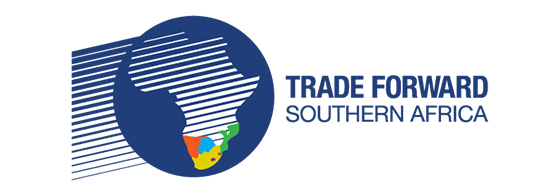
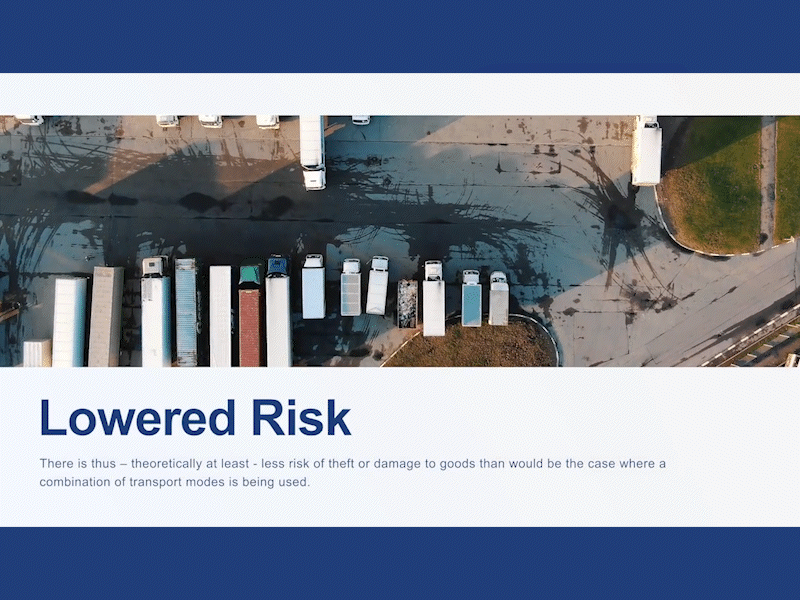
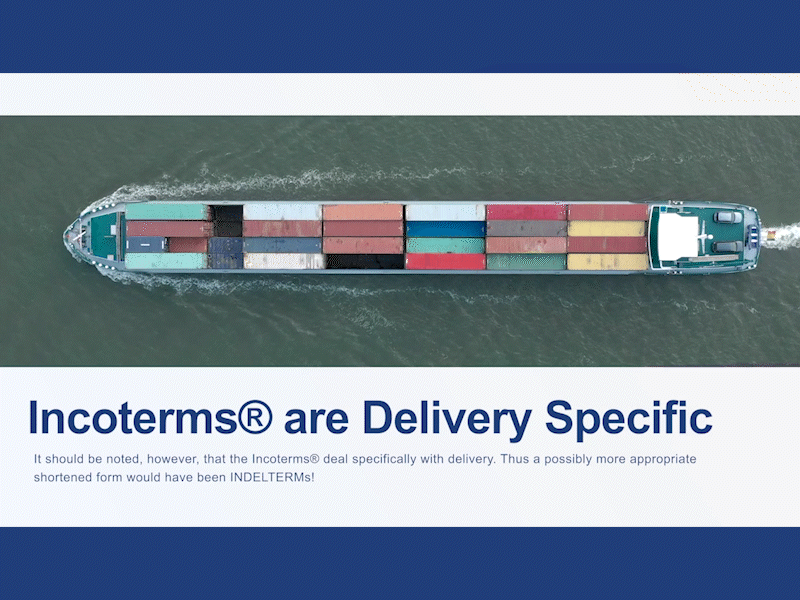
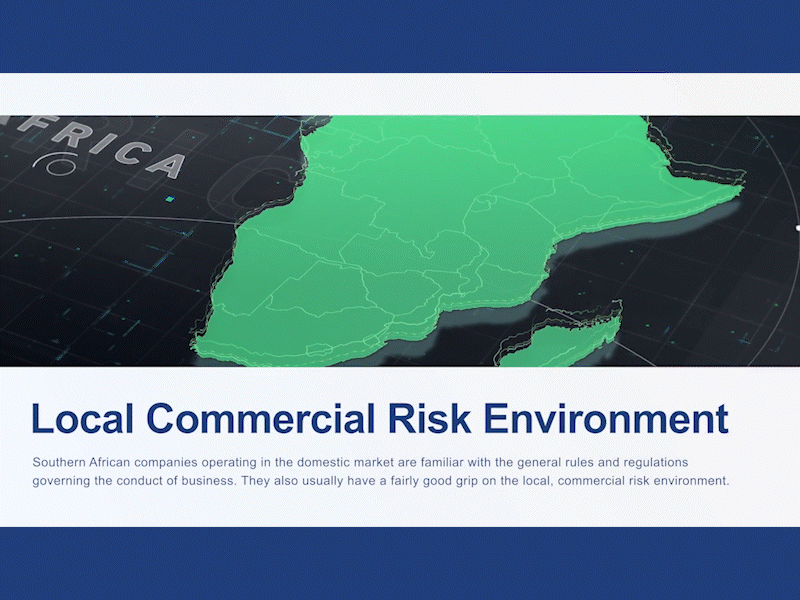
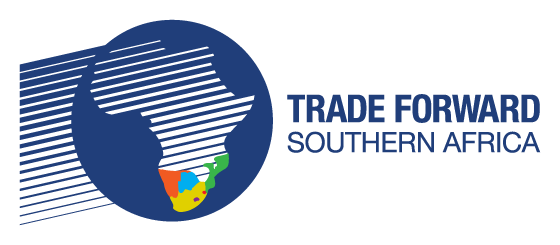





Leave a Reply